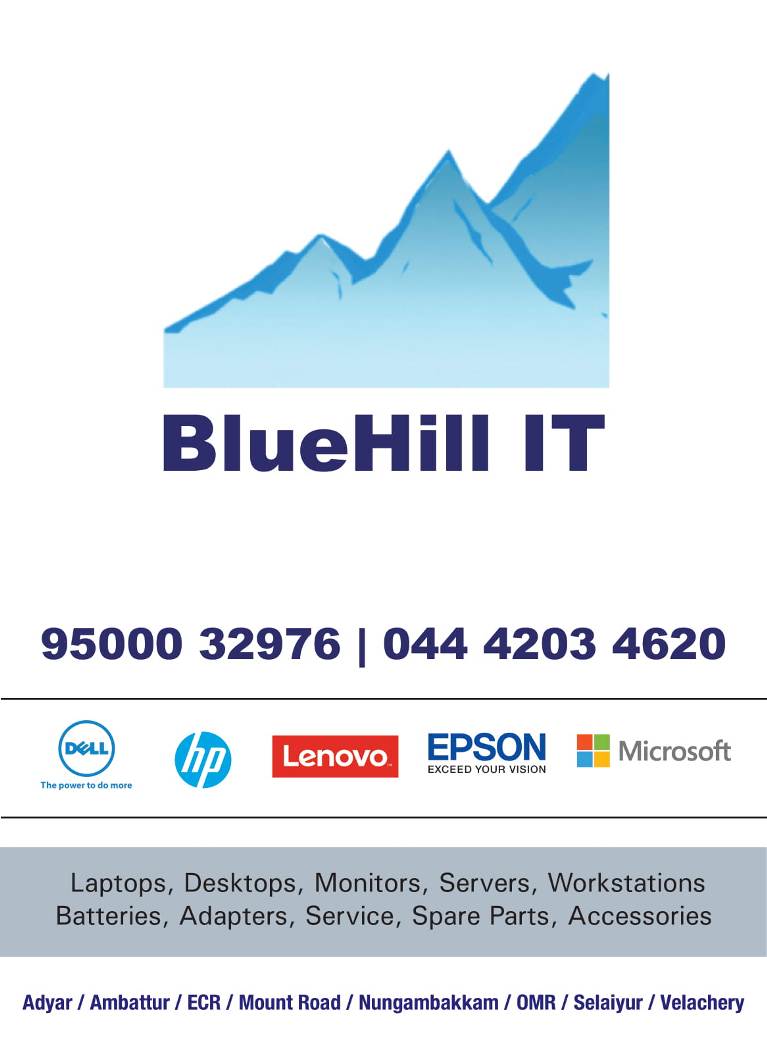Computer Hardware and Networking
About department
description
Computer Hardware and Networking refers to the field of information technology (IT) that deals with the design, installation, maintenance, and troubleshooting of computer hardware components and network infrastructure.


Connect with us
Beneficial
- Duration:
- Training programs in computer hardware and networking can vary in duration depending on the level of expertise and the specific curriculum. They can range from a few months to several years, with shorter courses focusing on basic skills and longer programs offering more in-depth training.
- Mode:
- Computer hardware and networking courses are offered through various modes of instruction, including in-person classroom training, online courses, workshops, and hands-on labs.
- Some institutions offer flexible schedules to accommodate both full-time and part-time students.
- Eligibility Criteria:
- There are no strict eligibility criteria for entry-level computer hardware and networking courses. However, basic knowledge of computers and a high school diploma or equivalent is often recommended.
- Advanced courses may require a background in computer science, engineering, or related fields, along with relevant work experience.
- Admission Process:
- The admission process for computer hardware and networking courses typically involves filling out an application form and paying any applicable fees.
- Some institutions may require applicants to undergo a placement test or interview to assess their readiness for the program.
- Admission criteria may vary depending on the institution and the level of the course.
- Areas of Study:
- Computer Hardware: This includes learning about the various components of a computer system, such as processors, memory, storage devices, input/output devices, and peripherals. Students may also learn how to assemble, disassemble, and troubleshoot computer hardware components.
- Networking: Networking courses cover topics related to the design, implementation, and management of computer networks. This includes understanding networking concepts, network protocols, IP addressing, routing, switching, wireless networking, network security, and troubleshooting network issues.
- Certifications:
- Students may have the opportunity to earn industry-recognized certifications such as CompTIA A+, Network+, Cisco Certified Network Associate (CCNA), or Microsoft Certified Solutions Associate (MCSA) to validate their skills and enhance their career prospects.
- Training programs in computer hardware and networking can vary in duration depending on the level of expertise and the specific curriculum. They can range from a few months to several years, with shorter courses focusing on basic skills and longer programs offering more in-depth training.
- Computer hardware and networking courses are offered through various modes of instruction, including in-person classroom training, online courses, workshops, and hands-on labs.
- Some institutions offer flexible schedules to accommodate both full-time and part-time students.
- There are no strict eligibility criteria for entry-level computer hardware and networking courses. However, basic knowledge of computers and a high school diploma or equivalent is often recommended.
- Advanced courses may require a background in computer science, engineering, or related fields, along with relevant work experience.
- The admission process for computer hardware and networking courses typically involves filling out an application form and paying any applicable fees.
- Some institutions may require applicants to undergo a placement test or interview to assess their readiness for the program.
- Admission criteria may vary depending on the institution and the level of the course.
- Computer Hardware: This includes learning about the various components of a computer system, such as processors, memory, storage devices, input/output devices, and peripherals. Students may also learn how to assemble, disassemble, and troubleshoot computer hardware components.
- Networking: Networking courses cover topics related to the design, implementation, and management of computer networks. This includes understanding networking concepts, network protocols, IP addressing, routing, switching, wireless networking, network security, and troubleshooting network issues.
- Students may have the opportunity to earn industry-recognized certifications such as CompTIA A+, Network+, Cisco Certified Network Associate (CCNA), or Microsoft Certified Solutions Associate (MCSA) to validate their skills and enhance their career prospects.



